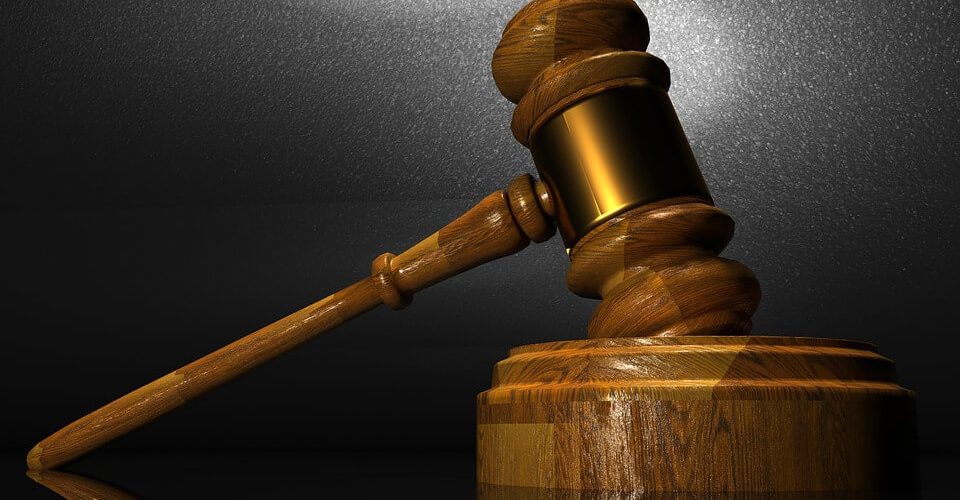Healthcare Compliance Perspective:
Each employee and vendor of a healthcare provider is expected to maintain honest records, follow current state and federal laws, regulations, and guidelines, properly document services, and take necessary steps to prevent claims for payment of any kind that may be fraudulent, abusive, inaccurate, or medically unnecessary. To ensure employees are compliant, Compliance Officers must audit billing practices, periodically review documentation and educate employees.
The U.S. has filed a civil lawsuit accusing a Chicago diagnostics company of defrauding Medicare out of millions of dollars through kickbacks and unnecessary home sleep testing.
The suit alleges that the corporation, its founder, and its marketing vice president, violated the federal False Claims Act by fraudulently billing Medicare for medically unnecessary services and for services that were occasioned by kickbacks. The suit alleges that the company submitted claims for Medicare recipients’ second and third nights of home sleep testing when, only a single night of testing was needed to effectively diagnose obstructive sleep apnea; and, it routinely tested and claimed only the one night for non-Medicare beneficiaries. The company’s business model allegedly relied on several unlawful kickback schemes, which incentivized physicians to refer their home sleep testing services to the company.
In October 2017, the government notified the Court that it was intervening in two separate lawsuits pursuant to the qui tam, or whistleblower, provisions of the False Claims Act.
The company is a nationwide provider of home sleep testing diagnostic services; and, the home sleep tests are covered by Medicare when medically necessary to diagnose obstructive sleep apnea. Home sleep testing uses a portable monitor, that is unattended and initiated by the patient, to collect information about breathing and oxygen levels while the patient sleeps at home. The testing assists physicians in diagnosing apnea and establishing a treatment plan.
The company allegedly paid commissions and bonuses to its sales force for selling the multi-night testing to providers, and gave free home sleep tests to physicians and their families to induce referrals. After the testing was performed, company personnel interpreted the results and gave unsigned reports to referring physicians, who would then bill as if they had performed the professional service of interpreting the results themselves. It is alleged that the company intentionally allowed physicians to fraudulently bill for this service as a way of increasing referrals and increasing the volume of the company’s business.
Since Medicare began covering home sleep testing in 2009, this company has allegedly received nearly $9 million from Medicare, almost all of it the result of fraud and kickbacks.


















































































